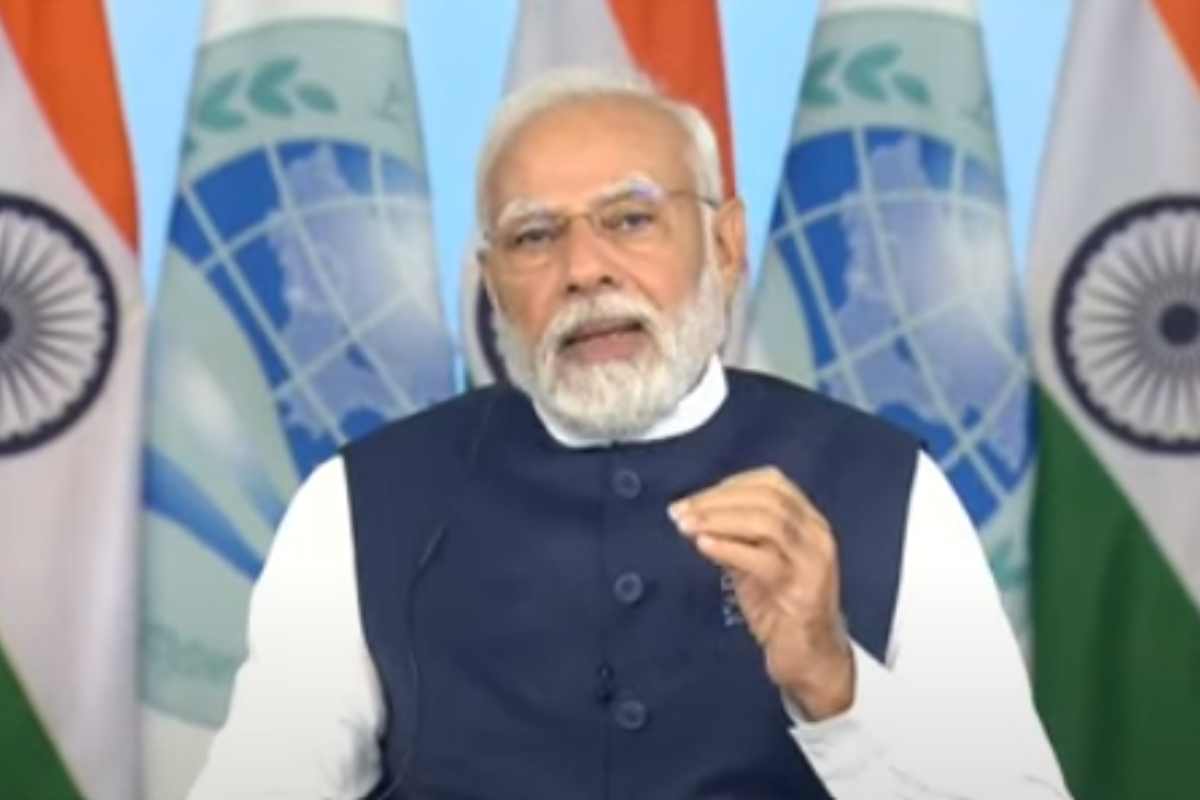
India’s AI-based language platform, Bhashini, takes centre stage at the SCO Summit, revolutionising communication and paving the way for reforms

NEW DELHI: Prime minister Narendra Modi highlighted India’s AI-based language platform, Bhashini, in his opening remarks at today’s virtual Shanghai Cooperation Organisation (SCO) Summit.
In a bid to enhance communication within the SCO, PM Modi also advocated for the inclusion of English as one of the main working languages, alongside Russian and Mandarin, which are currently used. Notably, documents within the SCO are prepared in these two languages. With Russia, China, and four Central Asian states as its founding members, the SCO encompasses regions where Russian is widely spoken and written.
PM Modi’s emphasis on India’s AI language platform, Bhashini, signifies a step towards bridging linguistic barriers and fostering inclusive dialogue within the SCO.
“To deal with language barriers, we are glad to introduce an AI-based language platform, Bhashini, to all,” PM Modi said.
“India supports proposals for reforms and modernisation within the SCO. We would be happy to share India’s AI-based language platform, Bhashini, with everyone to remove language barriers within the SCO,” he said.
“This can serve as an example of digital technology for inclusive growth. SCO can also become an important voice for reforms in global institutions, including the UN,” PM Modi added.
Bhashini, the National Language Technology Mission (NLTM), was launched by Prime Minister Modi in July 2022 to provide language technology solutions as digital public goods through the BHASHINI platform.
This is aimed to be achieved by harnessing emerging technologies such as AI/ML, and NLP to develop and share open-source models, tools and solutions (products and services) for Indian languages, with ecosystem development involving startups, industries, academia, research groups, enthusiasts and state and central governments.
The approach is to create large datasets in the Scheduled Indian Languages to train AI models for translation and conversion of speech to text and vice versa, including voice-to-voice translation for general usage as well as for specific domains/contexts like education, healthcare, financial services, etc.